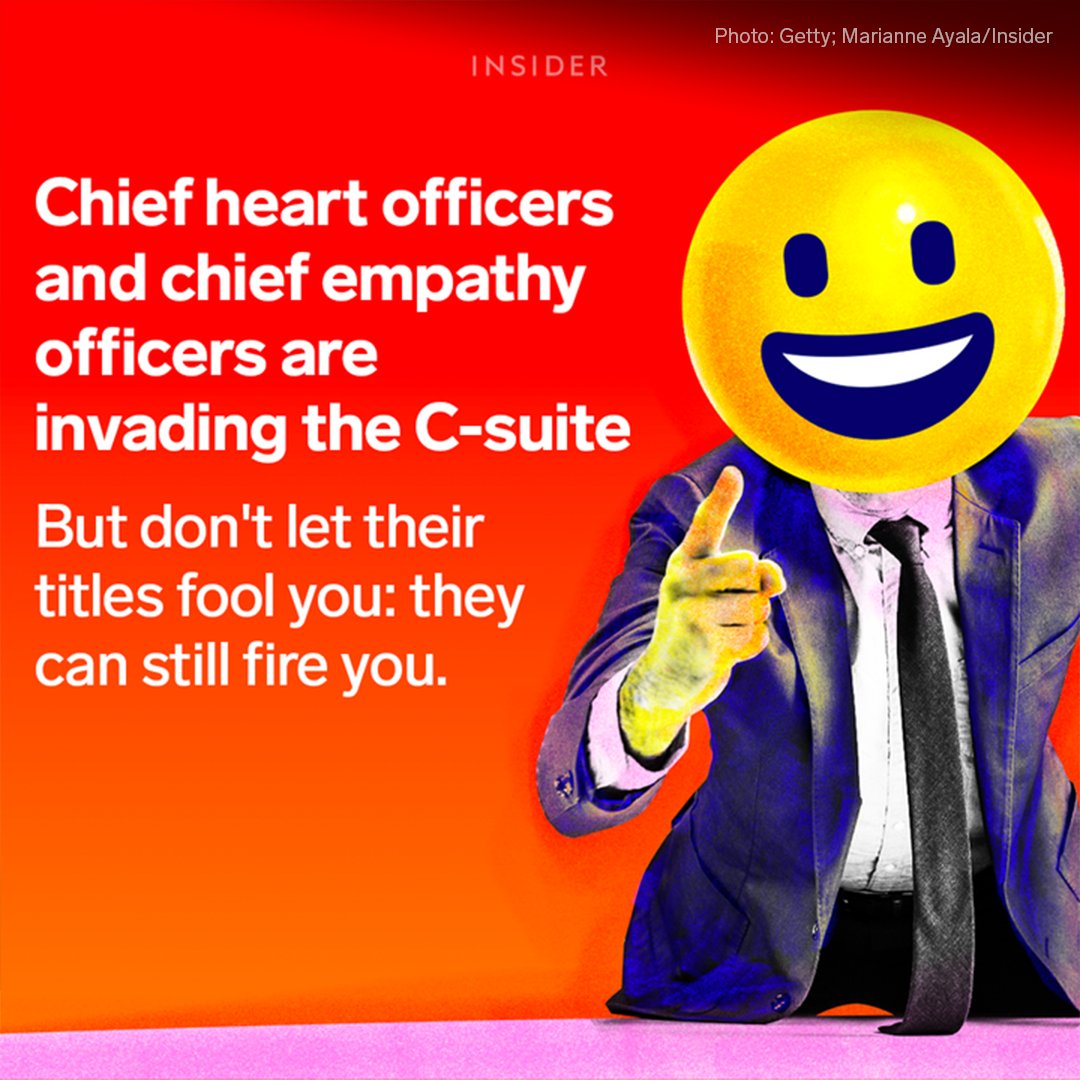If you're a cash-strapped Gen Z-er, dressing up as your favorite anime character could be your ticket to earning thousands each month — as long as you're willing to put in the work.
Here's how. 👇
insider.com/cosplayers-rea…
Here's how. 👇
insider.com/cosplayers-rea…
Cosplay, short for "costume play," originated in 1980s' Japan as a niche pastime where anime enthusiasts dressed up as characters from their favorite manga series.
Once treating it as a hobby, some have been able to turn it into a full-time career.
insider.com/cosplayers-rea…
Once treating it as a hobby, some have been able to turn it into a full-time career.
insider.com/cosplayers-rea…

Even as the pandemic has shut down some of the main revenue streams for cosplayers — like conventions — other avenues for making money have opened up, and cosplayers are transforming themselves into brand influencers.
insider.com/cosplayers-rea…
insider.com/cosplayers-rea…
Japan's top cosplayer, @enako_cos, said she made $500,000 last year by cosplaying and selling merch.
With over 1.6 million followers on Instagram and 1.3 million on Twitter, she also has a new show on a local Osaka TV channel and YouTube.
insider.com/cosplayers-rea…
With over 1.6 million followers on Instagram and 1.3 million on Twitter, she also has a new show on a local Osaka TV channel and YouTube.
insider.com/cosplayers-rea…
Her fortunes seem to be increasing, too. In 2016 she said she earned $10,000 a month from cosplaying and modeling.
This grew as she got more popular — she said she made around $100,000 in one day at Japanese anime convention Comiket in 2018 and 2019.
insider.com/cosplayers-rea…
This grew as she got more popular — she said she made around $100,000 in one day at Japanese anime convention Comiket in 2018 and 2019.
insider.com/cosplayers-rea…

The amount of money Enako made from cosplaying shocked her fans to the extent that some turned on her, calling for her to apologize for bragging about her wealth in the middle of the COVID-19 pandemic.
insider.com/cosplayers-rea…
insider.com/cosplayers-rea…
Others have been also able to capitalize off of cosplaying.
One of Southeast Asia's top cosplayers is an androgynous model who goes by the stage name Hakken and says they can earn up to $30,000 in a good month.
insider.com/cosplayers-rea…
One of Southeast Asia's top cosplayers is an androgynous model who goes by the stage name Hakken and says they can earn up to $30,000 in a good month.
insider.com/cosplayers-rea…

Hakken has partnered with gaming companies and a travel association to be the face of their advertising campaigns.
They also launched a sold-out jewelry line in collaboration with Japanese retail site SIXTYPERCENT and Korean brand Twentyone August.
insider.com/cosplayers-rea…
They also launched a sold-out jewelry line in collaboration with Japanese retail site SIXTYPERCENT and Korean brand Twentyone August.
insider.com/cosplayers-rea…

While dressing up as a fictional character and getting in front of a camera might seem glamorous, it's often a short-lived career that involves a lot of hard work.
insider.com/cosplayers-rea…
insider.com/cosplayers-rea…

Tan Zhao Han, director of a cosplay management agency, said making it to the big leagues where brands take notice essentially means having at least one "look" go viral, and being in the "top 0.01%" of the sea of hobbyist cosplayers that emerge every year.
insider.com/cosplayers-rea…
insider.com/cosplayers-rea…

Tan said the COVID-19 pandemic has put large-scale physical events and conventions on pause, which has hit pro-cosplayers' earnings hard.
Still, some of his talents can pull earnings of close to $10,000 in a single quarter.
insider.com/cosplayers-rea…
Still, some of his talents can pull earnings of close to $10,000 in a single quarter.
insider.com/cosplayers-rea…
American-Chinese cosplayer Kiyo believes the pandemic might actually be the perfect time to strike out as a cosplayer.
Once making most of her money from anime conventions, Kiyo has now branched out into posting content on several digital platforms.
insider.com/cosplayers-rea…
Once making most of her money from anime conventions, Kiyo has now branched out into posting content on several digital platforms.
insider.com/cosplayers-rea…

Kiyo streams herself playing games on Twitch, posts exclusive content on subscription-based sites Patreon and OnlyFans, and works with brands to do sponsored posts on her socials.
She said she can net about $6,000 a month from these income streams.
insider.com/cosplayers-rea…
She said she can net about $6,000 a month from these income streams.
insider.com/cosplayers-rea…
• • •
Missing some Tweet in this thread? You can try to
force a refresh








